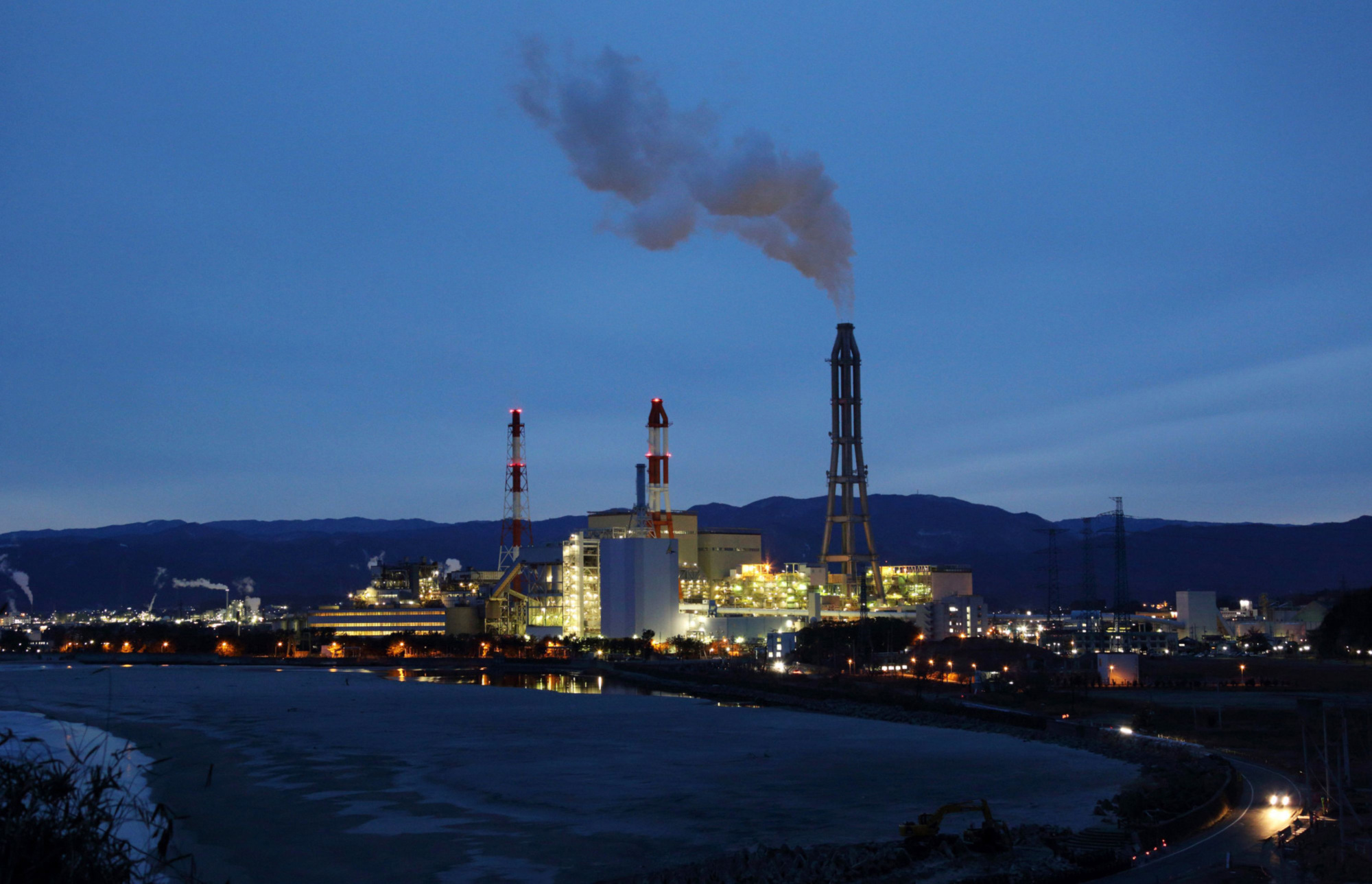Modern living standards — indoor lighting, affordable food, heat in the winter, an internet connection — require energy. And every energy source has its drawbacks. It's easy to point out the downsides of a given energy source and call for it to be banned. But if we're not careful about weighing costs against benefits, we're liable to end up with something even worse.
This is becoming painfully evident in the case of Japan. In 2011, a nuclear power plant in Fukushima Prefecture was damaged by a huge tsunami and had multiple meltdowns. The radioactive contamination is still being dealt with and will be a major drain on government resources for decades to come. The accident also forced the evacuation of a large, densely populated area near the plant, causing a domestic evacuee crisis. That catastrophe, combined with the political scandal surrounding the mismanagement of old plants, forced the shutdown of almost all nuclear power in the country.
But total electricity consumption dipped only slightly. Where did Japan make up the difference? Fossil fuels. These went from 62 percent of Japan's electricity production before the disaster to about 80 percent after.



















With your current subscription plan you can comment on stories. However, before writing your first comment, please create a display name in the Profile section of your subscriber account page.